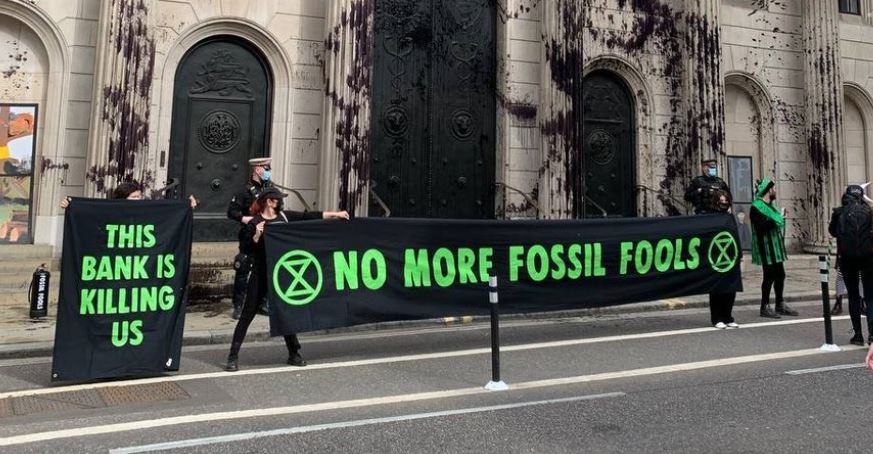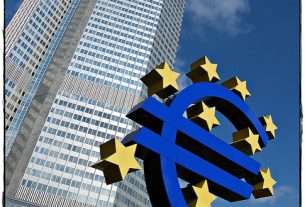Britain recorded its “greenest ever” electricity system on Bank Holiday Monday when 80% of the nations power was generated by “zero-carbon power sources”.
Wind made up 39% of the energy, solar 21% and nuclear 16% while there was zero coal generation and 10% produced by gas plants with the remainder made up of imports and biomass.
It meant the levels of carbon pollution per unit of electricity consumed dropped to the lowest ever recorded for the grid – just 39 grams of carbon dioxide, recorded at 13:00 BST on Monday (April 5).
“This latest record is another example of how the grid continues to transform at an astonishing rate as we move away from fossil fuel generation and harness the growth of renewable power sources,” said Fintan Slye, director at National Grid Electricity System Operator (ESO).
“It’s an exciting time, and the progress we’re seeing with these records underlines the significant strides we’re taking towards our ambition of being able to operate the system carbon free by 2025.”
Campaigners welcomed the increase in renewable energy but warned there is “no time for the government to rest on its laurels” with Kate Blagojevic, head of climate at Greenpeace UK, starkly reminding: “Carbon emissions from our homes, farms and roads remain stubbornly high, and only a major government intervention can unblock the impasse.”
“As the Glasgow [COP26 International] climate summit looms closer, ministers really need to up their game on tackling UK carbon emissions right across the board.”
XR’s Money Rebellion campaign hits banks
The move follows the start of Extinction Rebellion’s (XR) campaign of direct action protests against banks. XR’s Money Rebellion protest aims to “expose the political economy’s complicity in the climate and ecological emergency” and highlight “the deadly role of banks in what is a suicidal economic system that, by design, financially incentivises harm to biodiversity, the climate, and our future”.
Activists sprayed black biodegradable “oil” at the facade of the Bank of England on April 1 while other members targeted Barclays Bank’s London headquarters. The Independent’s report states other XR protests were held in New York, Paris and Vancouver, and at branches of Barclays in Glasgow, Edinburgh, Nottingham, Worcester, Falmouth, Kings Lynn, and other places.
XR co-founder Dr Gail Bradbook was arrested in Stroud after video was released by the group of her taking a hammer and chisel to the windows of the Barclays Bank branch in her home town.
“We are on a path towards the collapse of our civilisation – with billions dying in our children’s lifetimes, according to some scientists,” said Bradbook. “Those who are failing to lead adequate action on the climate and ecological crisis are committing crimes against humanity.”
Fossil fuel firms get $3.8 trillion from banks in 5 years
A report released on March 24 showed the world’s biggest banks have provided £3.8 trillion of financing to fossil fuel companies – since the 2015 Paris climate deal was signed.
The report, by a coalition of NGOs, describes as “shocking” the fact that funding for fossil fuel energy has continued its upward trend despite the pandemic cutting energy use overall and 2020’s investments eclipsing those made in 2016 or 2017.
“When we look at the five years overall, the trend is still going in the wrong direction, which is obviously the exact opposite of where we need to be going to live up to the goals of the Paris Agreement,” said one of the authors of the report, Rainforest Action Network’s Alison Kirsch. “None of these 60 banks have made, without loopholes, a plan to exit fossil fuels.”
£16tn in assets at risk because of inaction on climate change
Mark Carney, the former governor of the Bank of England warned in December 2019 that £16 trillion ($20tn) worth of assets held by firms were at risk because of inaction on climate change.
Carney said millions of pension funds could become “worthless” unless companies and banks take effective steps to deal with the climate emergency.
“By the time that the extreme events become so prevalent and so obvious, it will be too late to do anything about it,” said the former Goldman-Sachs banker who urged political leaders to “start addressing future problems today”.




